Wednesday, 8 May 2024
Menu
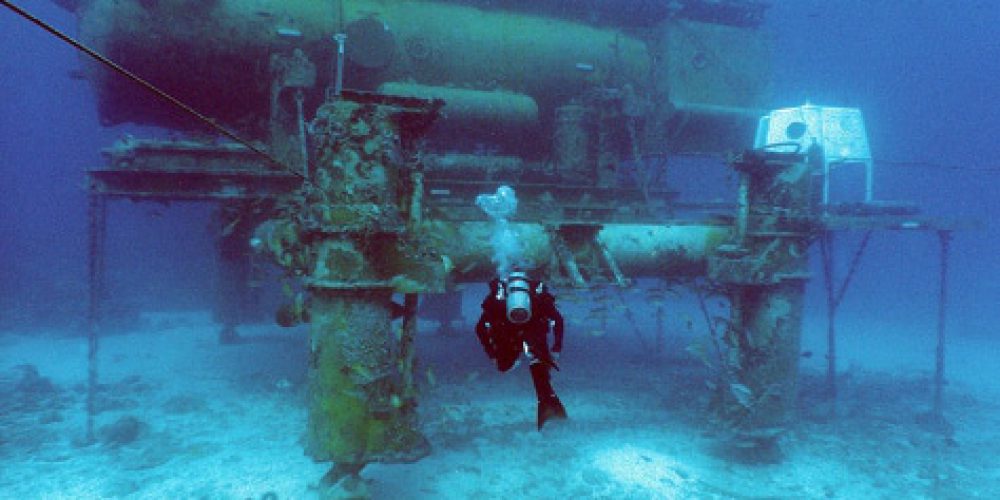
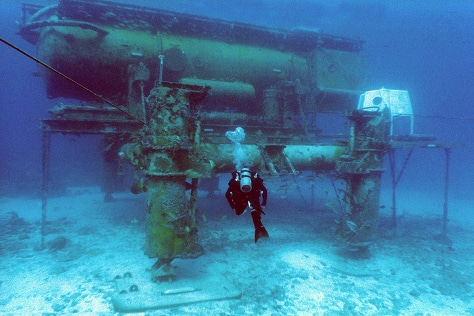
The term “final frontier” was used to describe space as a space completely untouched by man. However, at the time, despite some successes in this field and plans for further undertakings, the Americans, looking for savings in the budget, had to curb their exploration ambitions costing the country billions of dollars. This situation, in turn, has opened the door to a new direction of exploration. Uncharted like outer space and just as unusual, but located much closer to us. We are, of course, talking about the depths of the sea.
This was the origin of the US Navy’s ‘Sealab’ programme, which was unfortunately abandoned after the death of one of the divers in 1969. The cause of the accident was most likely a breathing apparatus failure in cold water at a depth of 186m. For all, it was a sobering reminder of the risks associated with deep diving. A risk that included not only accidents, such as ascending too fast or equipment failures, but also those resulting from the use of exotic gas mixtures.
Operating in the shadow of NASA’s space flight programme, the ‘Sealab’ programme was to pave the way for the construction of the first settlements on the ocean floor. The US Navy achieved a significant breakthrough in its research, which allowed the programme’s creators to look to the future with hope. Unlike conventional divers, who start their exploration from the surface, Aquanauts (as they were called) could not only reach greater depths, but were also not limited in any way by time. The condition, however, was to have a suitably prepared habitat nearby.
The benefits of this type of capability were obvious. Working at great depths, being able to reach sunken wrecks and submarines, and supporting the offshore oil industry.
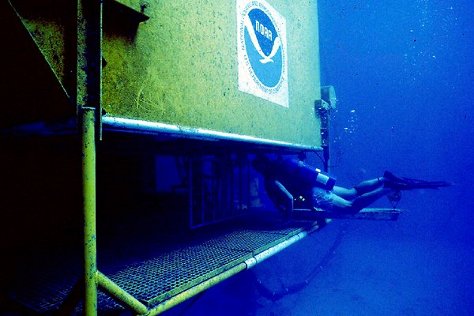
Unfortunately, the US Navy eventually abandoned the Sealab programme because it did not coincide with the Army’s priorities in this area. The pretext was the accident in February 1969. However, the technologies and methods developed during it were not lost and were used in spy missions. The difference, however, was that the stationary bases were replaced by submarines.
Several dozen underwater bases have been established around the world, including several in the US. Most were relatively inexpensive to maintain, such as the only remaining US base, Aquarius, which is the size of a bus. It belongs to the National Oceanic an Atmospheric Administration at the University of North Carolina, in Wilmington. The annual cost of operating the base is $3million. Comparing this to NASA’s expenditure on a single space shuttle mission, estimated at $450m, makes a big difference.
Aquarius Base has been located in Florida since the early 1990s, at a depth of approximately 18m. Building on the legacy of ‘Sealab’, it serves as an important research facility for scientists. Many researchers have published over 300 scientific papers, based on 120 missions using Aquarius, lasting from a few days to several weeks. The research results and opportunities created by the habitat have been used to study ocean acidification, coral reef revitalisation, but also for marine archaeology and… NASA.
Given the development of underwater research and technology, and the multitude of applications in various areas of life and science, it is very possible that the exploration of the deep will soon experience a renaissance. Already today, many private investors are developing technologies that will allow them to travel almost unhindered through the deepest recesses of our planet. If the world does not fall apart by now, perhaps the futuristic vision of colonising the deep sea will come true?
Source: nytimes.com
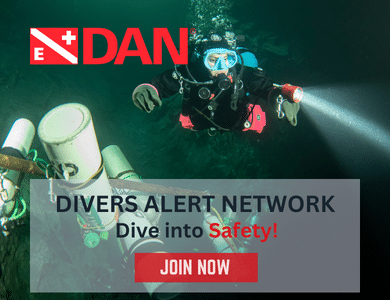
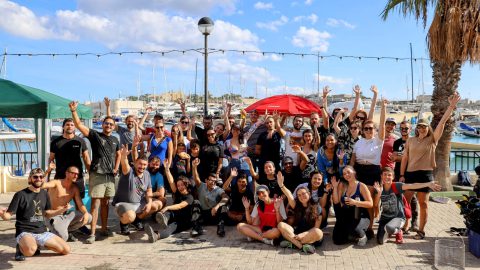

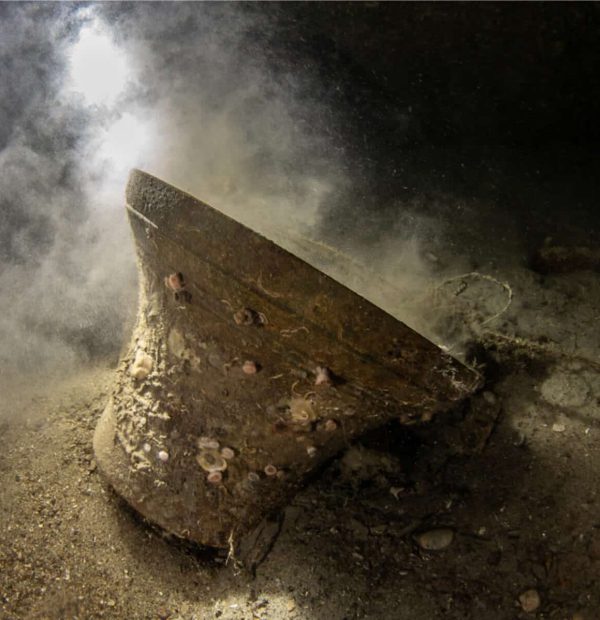
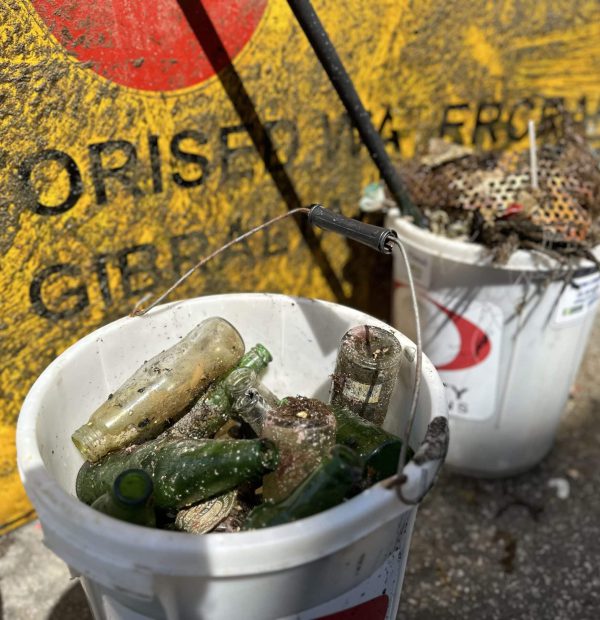
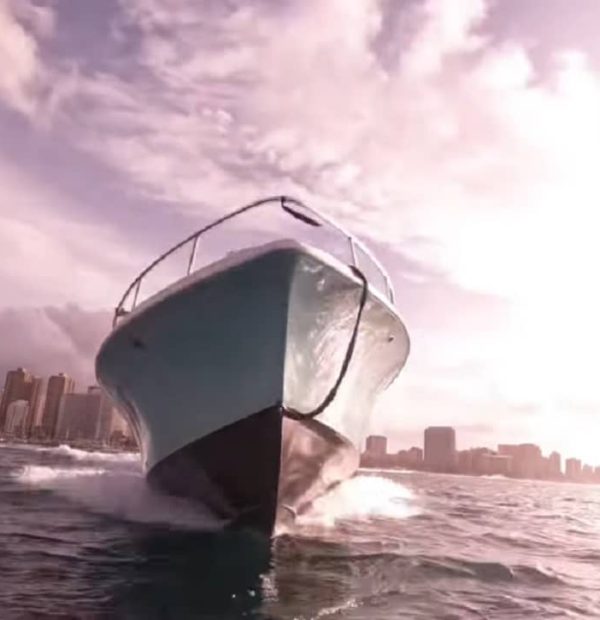
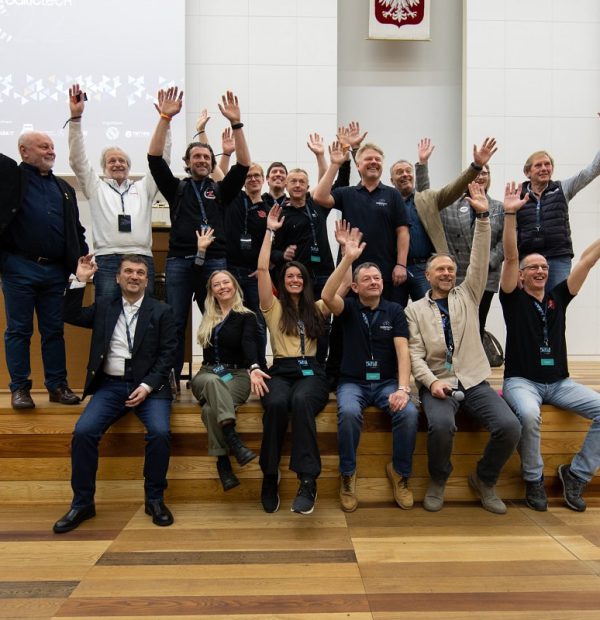
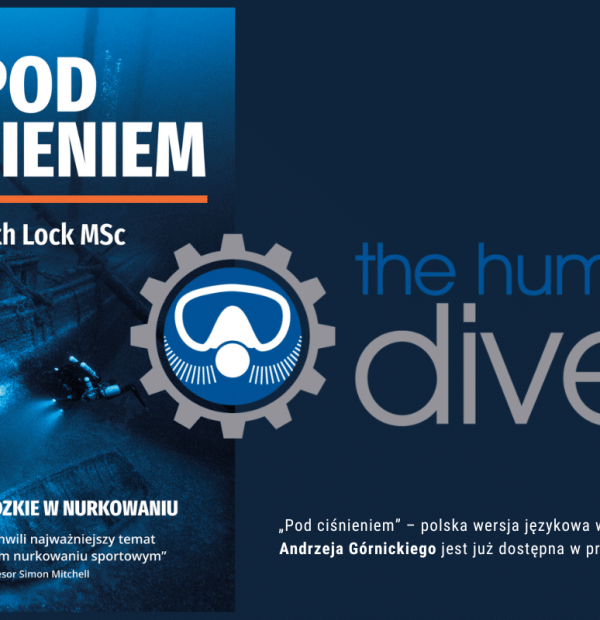
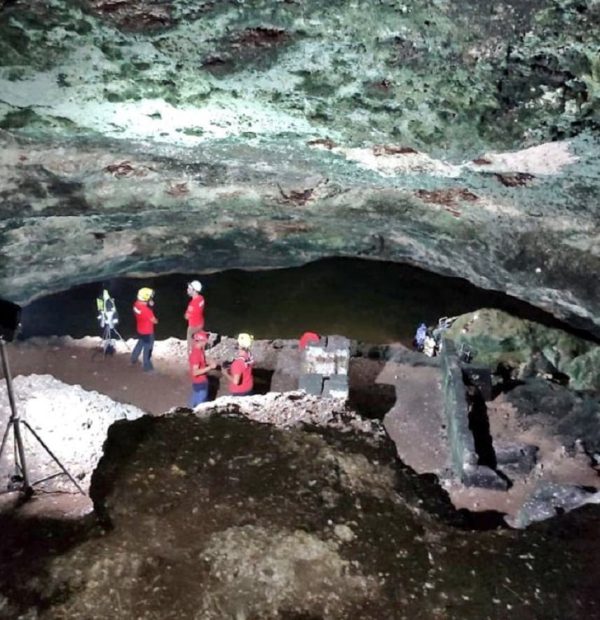

Welcome to DIVERS24.COM, your daily source of scuba news, freediving, scuba diving information, and equipment reviews. Our comprehensive coverage of the dive industry from A to Z provides you with all the latest scuba news, training updates, underwater photography tips, and everything else related to scuba diving. Whether you’re a beginner or an experienced diver looking for more knowledge about scuba gear or techniques – we’ve got it covered! With our in-depth articles written by experienced divers who have been there and done that, you are sure to find exactly what you need here at Divers24.com. Dive into scuba news today!
Underwater Media Sp. z o.o.
Szafarnia 11/F8,
80-755 Gdansk, Poland
Welcome to DIVERS24.COM, your daily source of scuba news, freediving, and scuba diving information. Sign in for a weekly news update and discount coupons for dive gear and apparel.
@2023 - underwatermedia.pl. All Right Reserved. Designed and Developed by Tworzenie stron internetowych Gdansk

The Divers24 portal is currently the largest online medium treating diving in Poland. Since 2010 we have been providing interesting and important information from Poland and around the world on all forms of diving and related activities.
Contact us: info@divers24.com